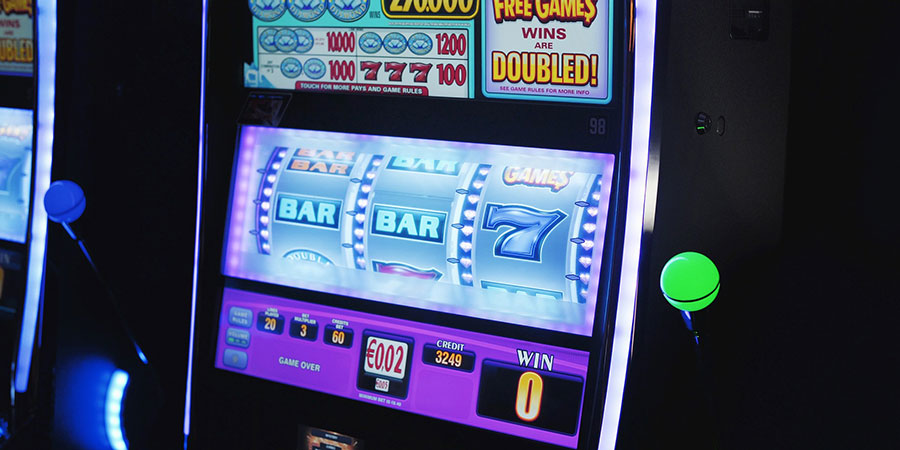Being a standup comedian is by no means an easy job; if anything, it often feels like a gamble. Every time a comedian steps on stage, they’re rolling the dice as they bet on their ability to connect with an audience through humour. This profession, much like gambling, is a blend of skill, luck, and the thrill of the unknown.
It’s like playing your favourite game of online slots – you’ll just never know if you’ll ever going to win.
The connection might not be apparent initially but delve a little deeper, and you’ll find that the two share more common ground than you’d think.
The Uncertainty Factor
One of the most glaring similarities between standup comedy and gambling is the uncertainty.
In gambling, no matter how skilled or experienced you are, there’s always an element of chance. Similarly, in standup comedy, a joke that kills one night might fall flat the next. This unpredictability keeps comedians on their toes as they constantly try to read and adapt to their audience, just as a gambler must read the game and adjust their strategy. The high stakes are another common thread. For gamblers, the risk of losing money is always present. In standup, the risk is more personal but no less significant.
A comedian puts their ego and self-esteem on the line every time they perform. The reward, however, can be immense. For gamblers, it’s the financial gain. For comedians, it’s the rush of a successful set, the laughter and applause, and sometimes, career advancement.
Reading the Room vs. Reading the Game
Both standup comedians and gamblers must possess an exceptional ability to read the situation they’re in.
A poker player reads their opponents and the table; a comedian reads the room. This involves an acute awareness of the audience’s mood and reactions, adjusting the act accordingly.
It’s a skill honed over time through experience, observation, and intuition.
The Learning Curve
The journey of becoming proficient in both fields is marked by a steep learning curve. In gambling, understanding the nuances of different games takes time and practice.
The same goes for standup comedy.
Crafting a joke, delivering it effectively, and handling different audiences is an art that takes years to master. Many comedians recall their early days as a series of hits and misses, much like a gambler’s wins and losses.
Dealing with Losses
Handling losses is a vital part of both gambling and standup comedy. In gambling, players learn to cope with financial loss. In comedy, it’s about handling a set that didn’t go well.
Professional comedians, like seasoned gamblers, develop resilience to these setbacks. They learn from them, use them to improve, and don’t let them deter their passion.
Undoubtedly, chance plays a significant role in both fields.
In gambling, it’s inherent like the games. In standup, it can be anything from the type of audience to the comedian’s mood or external factors affecting a performance. Sometimes, a comedian might stumble upon a line that unexpectedly brings the house down, much like a gambler might win big on a long shot.
The Addiction to Adrenaline
There’s also an adrenaline rush associated with both gambling and standup comedy. For gamblers, it’s the thrill of the bet, the suspense of the outcome. For comedians, it’s the anticipation of the audience’s reaction, the exhilaration of making people laugh.
This adrenaline rush can be addictive as it drives both gamblers and comedians to keep coming back for more.

The Personal Investment
In both gambling and standup comedy, there’s a significant personal investment. Gamblers invest their money, but they also invest their time and emotional energy. For comedians, the investment is more about the personal stories, thoughts, and emotions they share on stage. It’s a vulnerability that’s akin to the risk a gambler takes.
While vastly different, both communities share a camaraderie built on shared experiences. Gamblers and comedians alike form bonds over tales of wins and losses, of the good nights and the bad.
There’s a sense of belonging and understanding within these groups, forged through the highs and lows of their respective crafts.
Conclusion
To sum it all up, being a standup comedian is a lot like gambling. Both involve a mix of skill and luck, high stakes, the importance of reading the situation, a steep learning curve, the necessity to handle losses, the role of chance, the addiction to adrenaline, significant personal investment, and a strong sense of community.
The life of a comedian, much like that of a gambler, is unpredictable and risky, but also potentially rewarding and exhilarating. It’s a path chosen by those who are drawn to the thrill of the unknown and the joy of the game, whether it’s played on a stage or at a casino table.

